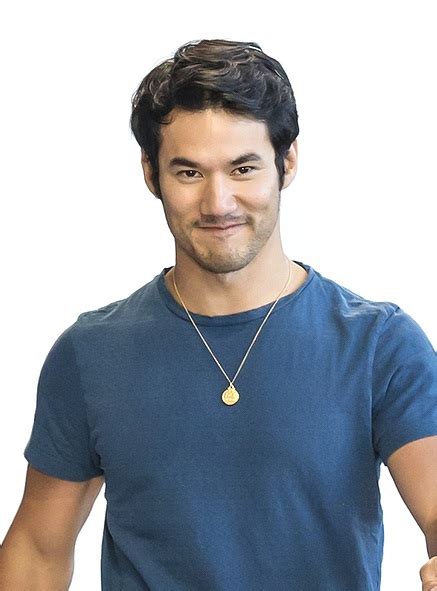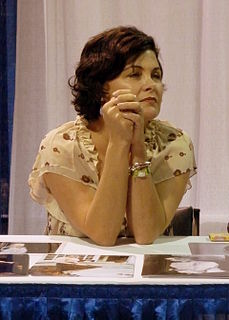A Quote by Carl Hart
The way we have been thinking about brain science is that people show you pretty pictures, pretty images, and you think that that tells you something about how they behave. It doesn't.
Related Quotes
I think it's very pretty. Can it be pretty if no one thinks it's pretty? I think it's pretty. If you're the only one? That's pretty pretty. And what about the boys? Don't you want them to think you're pretty? I wouldn't want a boy to think I was pretty unless he was the kind of boy who thought I was pretty.
I wanted to write about the time when science became modern, around the 1950s. Right after physicist J. Robert Oppenheimer, science started being so politicized and used as such a political weapon. When my father, who is a scientist, tells me about those years, I get a competing portrait of people who were expected to behave normally and be decent respectable members of society and who were also allowed this freedom to think in big and expansive ways. Now, when you think about people who work in labs, they're allowed to be socially inept in a very fundamental way.
What Warcollier demonstrated is compatible with what modern cognitive neuroscience has learned about how visual images are constructed by the brain. It implies that telepathic perceptions bubble up into awareness from the unconscious and are probably processed in the brain in the same way that we generate images in dreams. And thus telepathic “images” are far less certain than sensory-driven images and subject to distortion.
Pretty That's what I am, I guess. I mean, people have been telling me that's what I am since I was two. Maybe younger. Pretty as a picture. (Who wants to be a cliché?) Pretty as an angel. (Can you see them?) Pretty as a butterfly. (But isn't that really just a glam bug?) Cliché, invisible, or insectlike, I grew up knowing I was pretty and believing everything good about me had to do with how I looked. The mirror was my best friend. Until it started telling me I wasn't really pretty enough.
I don't think there is any scientific evidence about the question of whether we think only in language or not. But introspection indicates pretty clearly that we don't think in language necessarily. We also think in visual images, we think in terms of situations and events, and so on, and many times we can't even express in words what the content of our thinking is. And even if we are able to express it in words, it is a common experience to say something and then to recognize that it is not what we meant, that it is something else.
It’s such a fun job, and it can be silly and light and about making people laugh. I think I was doing it a disservice by thinking it’s not something ultimately important. I always was saying, ‘I’m not saving lives; I’m not a brain surgeon.’ And that’s true—I’m not saving anyone from any life-threatening illnesses. But I get to tell stories, and that’s a pretty important task.
And now here he was in my kitchen. Smelling like apple pies and looking at me with a direct seriousness that made him even cuter. The bruising spreading up the side of his face had halted, and under it he was very pretty. Not jock-pretty, or the hurtful kind of pretty that tells you a guy is too busy taking care of his royal self to think about you.
Think about Kennedy. Think about Carter. Think about Clinton. Think about Obama. They've all been in their forties and from outside Washington, or underdogs in one way or another. I just think that Americans are looking everywhere, saying, 'Hey, show me some authenticity. Show me somebody who's practical. Show me people who run things.'
Boxing Helena was something that I think was pretty cool, but people judged it without even having seen it. It's not perfect, but I think for the story that we were trying to tell, it turned out pretty good. What it signified was really powerful to me: how society puts us in boxes one way or another.




































